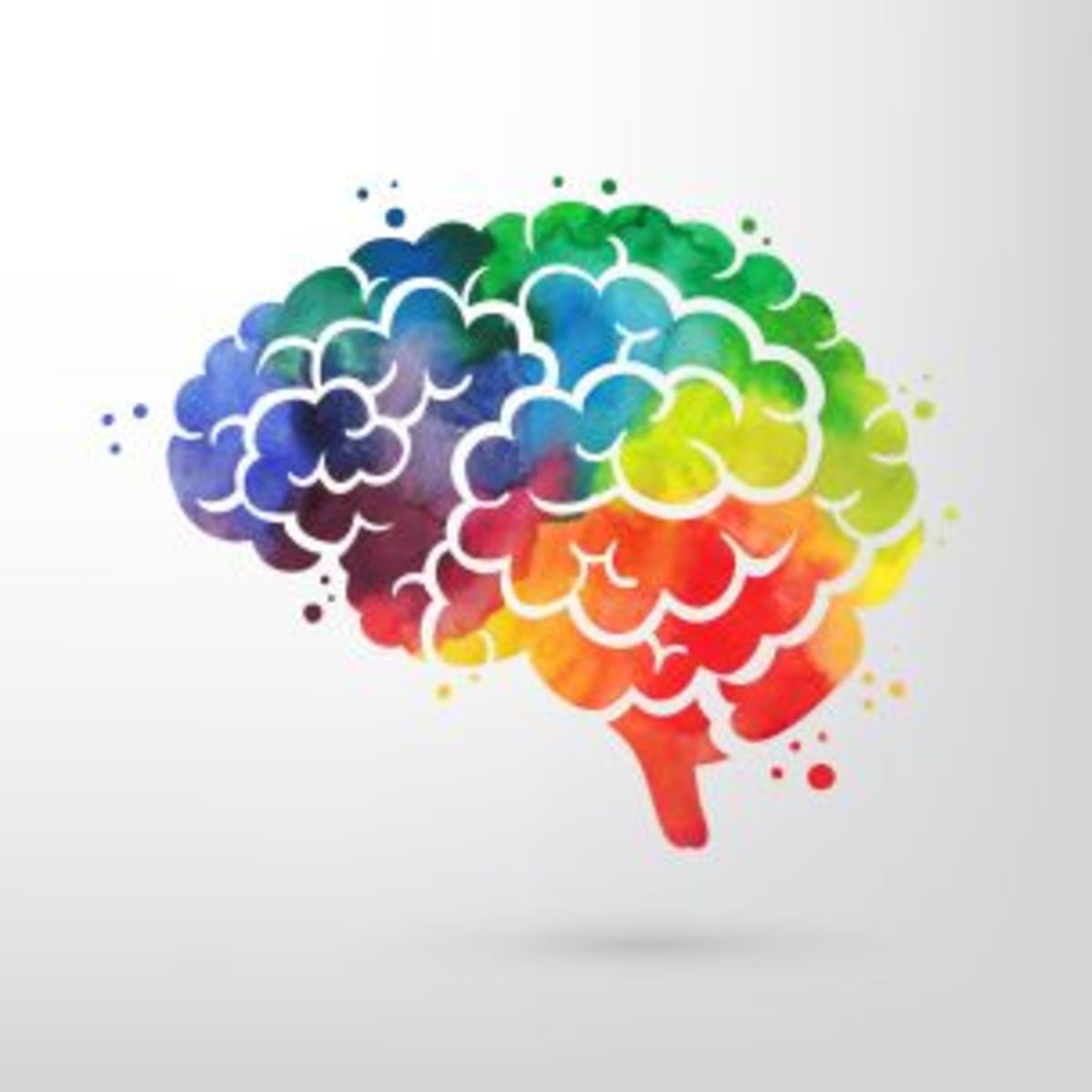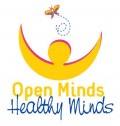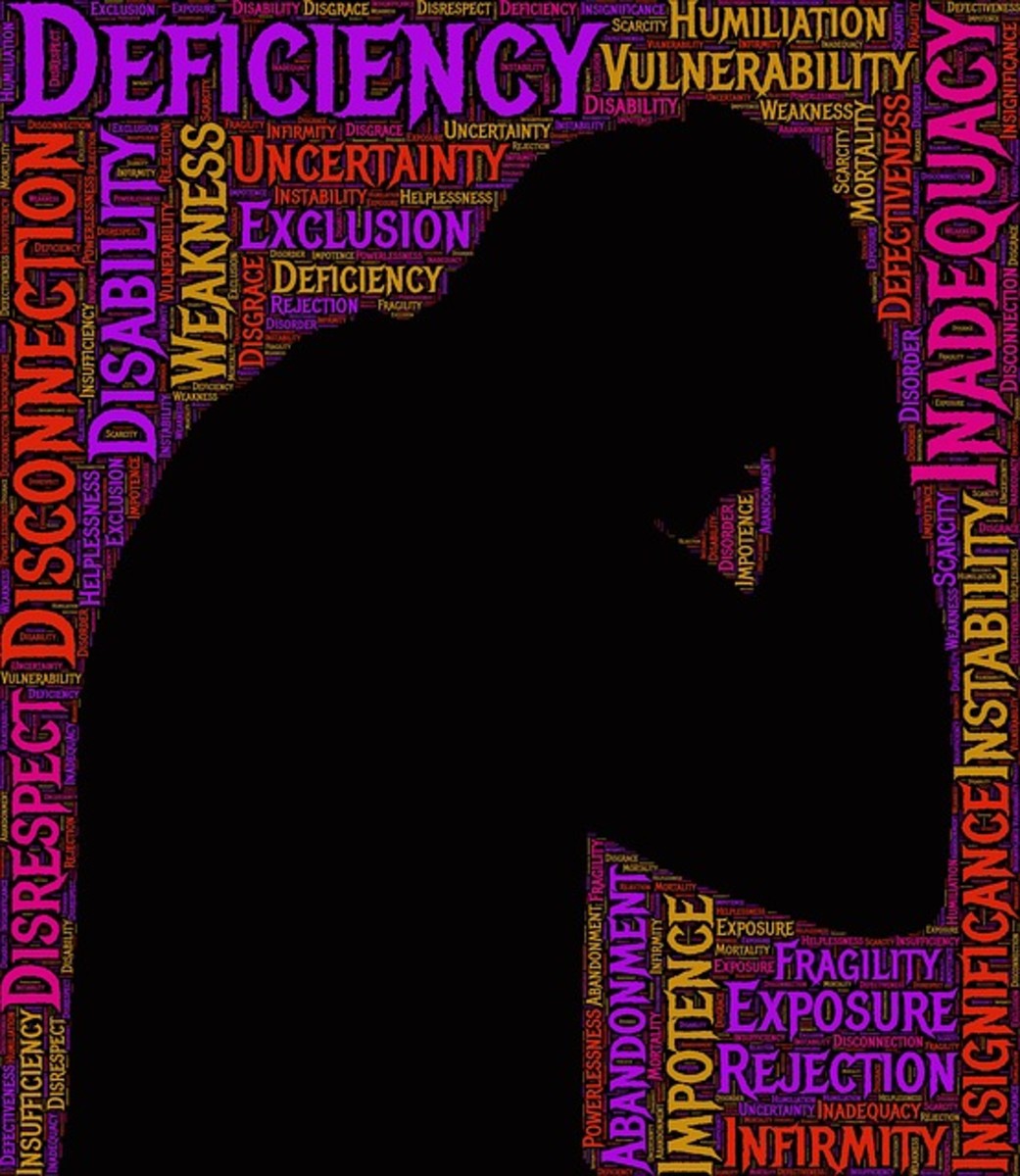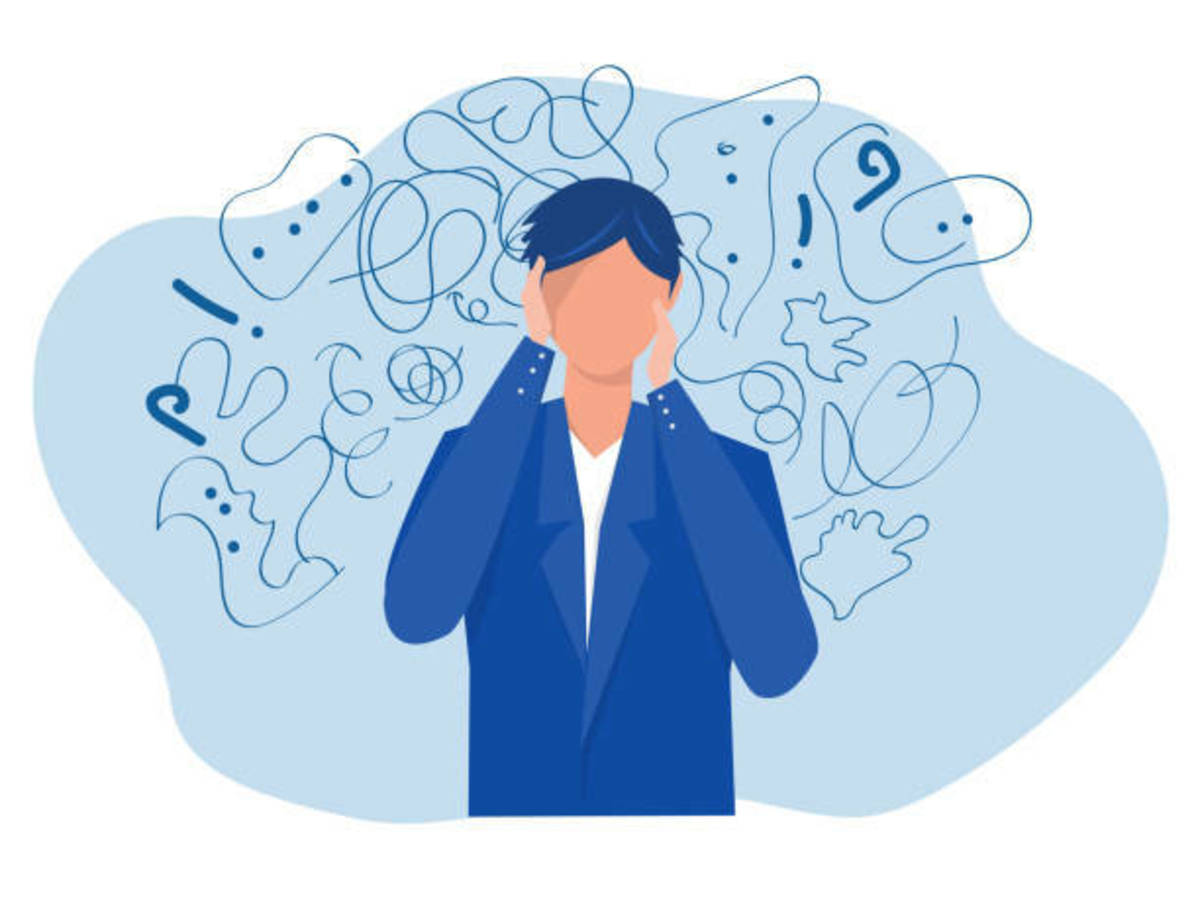Major Depressive Disorder – Diagnostic Criteria and Impact on Human Behaviour

Is major depressive disorder a killer syndrome?
Depression is one of the most common and serious problems encountered in today’s era of technological advancement. The causes are many, including but not limited to lifestyle modifications, increased competition, materialistic mindset, financial constraints, personal conflicts, job stress, divorce, death of the family member, and physical abnormalities. The Gale Encyclopedia of Medicine describes major depressive disorder as a mood-related condition characterized by profound feelings of sadness or despair. Indeed, the disorder results in disturbances in patients' sleep patterns, appetite, and deviation from all pleasures of life (i.e. anhedonia). A single episode of major depression may continue for more than two weeks duration depending upon the disease severity and etiological factors.
People suffering from major depression occupied by suicidal ideation, experience lack of concentration, helplessness, weight alterations, and irritability with associated episodes of psychotic depression. The affected individuals may also undergo psychomotor agitation, fatigue, mood depression, indecisiveness, guilt, anxiety, tearfulness, decreased libido, lack of focus and decision-making abilities, and disturbed thinking with recurrent thoughts of death and failure.
Major depression is marked by severe isolated episodes of depression. However, patients may not experience any symptoms between the intervals of these depressive episodes. The physical symptoms may include stomach pains or headaches.
The episodes of major depression pertain to high intensity and shorter span but directly influence the patients’ psychomotor functions and ability to withstand the challenges of life. The patients with a major depressive disorder are predominantly occupied with ruminative thinking, and develop a pessimistic attitude with psychotic and somatoform symptoms of negativistic delusions and somatic worry.
Although episodes of major depression do not directly lead to the prognosis of a patient’s death or physical disabilities, the defective thought process and hormonal imbalances may result in poor social relationships or suicidal attempts by affected individuals in an attempt to overcome the pain and agitation caused by severe depressive episodes.
The statistics of mortality rates from the disease in different regions of the globe are not yet available; however, clinical studies claim that 20% of the affected population turn into episodes of chronic major depression with recurrence of persistent lower-level symptoms for a longer-term.
The instances of suicidal attempts by the diseased individuals have increased in the past couple of years majorly due to patients’ consistent stressful circumstances and failure to cope with the expectations and ambitions of life. These factors may contribute to mortality rates in the affected population.
Pathobiology and Clinical Manifestations
Various pathologic mechanisms account for heterogeneous conditions leading to major depressive disorder. According to clinical studies, multiple environmental influences induce the susceptible genes contributing to the occurrence of the disease in high-risk individuals. The hypothalamic-pituitary-adrenal axis of the affected patients remains hyperactive in episodes of major depression. The patients may experience a lack of hygiene, weight alterations, restlessness, and self-rejection thoughts, which may indirectly affect their immune system, thereby making them prone to other clinical conditions contributing to the manifestations of major depression.
The initial problems reported by the patients of major depression are based on somatic symptoms like abdominal distress, headache, and fatigue, or weight changes. The diseased individuals may have small hippocampal volumes due to cerebral metabolic alterations. The condition is complicated further by distorted thoughts and a dysfunctional pattern of negative thinking among the affected population.
Diagnostic Criteria
The diagnostic tools comprise of dexamethasone suppression test, neuroimaging studies of the brain, and findings of cognitive psychology studies. However, the patient’s mental status examination and close follow-up of the symptoms help in early diagnosis while excluding the possibilities of other manic or psychotic episodes. Major depressive disorder is often accompanied by other co-morbidities like dementia and delirium adding to the criticality and complications of the disease.
The screening of the conditions associated with episodes of major depression is of paramount importance in establishing a definitive diagnosis of the disease. Psychotic conditions like schizophrenia, hypomania, mania, and bipolar disorder need evaluation for identifying their coexistence with major depression. Similarly, severe mood depression, psychomotor retardation, alcohol intoxication, and substance abuse are the contributing factors requiring primary investigation to confirm a patient’s major depressive episodes.
A severe depressive episode is clinically confirmed with the findings of the patient’s mood depression, loss of interest in day-to-day activities, diminished energy levels, suicidal ideation, reduced appetite, sleep disturbances, guilt feelings, lack of confidence, and pessimistic thoughts.
Behavioral Changes
The patients experiencing major depressive episodes are possibly preoccupied with aggression, anger, brusque attitude, withdrawal symptoms, the tendency of self-harm or injury, introverted nature, excessive internet surfing, lack of interest in extracurricular activities, feelings of isolation, performance issues, irresponsible conduct, stressful and confronting behavior.
Treatment Methods
The treatment regimen for controlling major depression episodes includes administration of drugs with anticonvulsant, antipsychotic, and mood-stabilizing properties for acquiring euthymia. However, pregnant women or patients with contraindications to medications may benefit from electroconvulsive therapy to tackle the episodes of depression and refractory mania. Similarly, psychotherapy helps patients to challenge psychosocial stresses or decompensating episodes of major depression. The traditional antidepressant medications include appropriate dosages of selective serotonin and norepinephrine reuptake inhibitors (like Citalopram, Sertraline, Duloxetine, Desvenlafaxine), tricyclic antidepressants (including Doxepin, Imipramine, and Amitriptyline), monoamine oxidase inhibitors (e.g., Tranylcypromine, Phenelzine, and Isocarboxazid) and other miscellaneous drugs including but not limited to Trazodone and Bupropion.
Alternative medicine promises the treatment to mild or moderate major depression with oral administration of St. John’s Wort (Hypericum perforatum) to the affected patients. Similarly, Kava (Piper methysticum) is helpful to antagonize the associated anxiety experienced during major depressive episodes. However, a lot of research is still required to understand the pharmacokinetics of these herbal drugs, their side effects, and metabolic interactions with the standard medicines to avoid significant methodological shortfalls in exploring herbal alternatives for major depression.
The herbal drugs like Ginkgo biloba, Lavandula angustifolia (common lavender), Valeriana officinalis, Crataegus oxyacantha, Eschscholzia californica, Matricaria recutita, Melissa officinalis, Crocus sativus (saffron crocus), and Passiflora incarnate are underway to clinical trials for exploring their effectiveness in curing major depression.
This content is for informational purposes only and does not substitute for formal and individualized diagnosis, prognosis, treatment, prescription, and/or dietary advice from a licensed medical professional. Do not stop or alter your current course of treatment. If pregnant or nursing, consult with a qualified provider on an individual basis. Seek immediate help if you are experiencing a medical emergency.
© 2014 Dr Khalid Rahman








